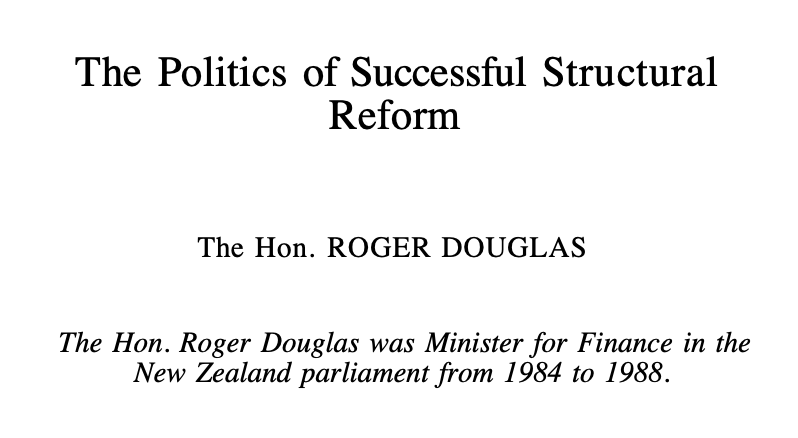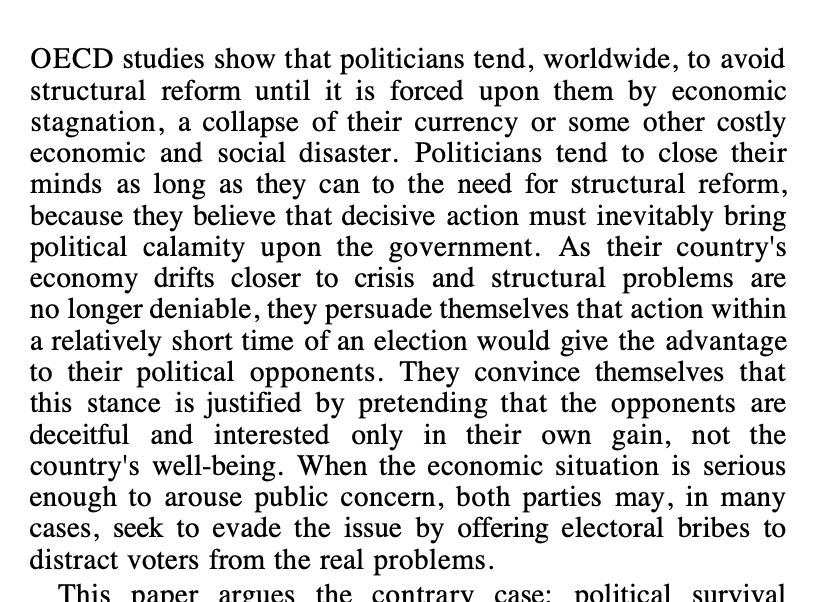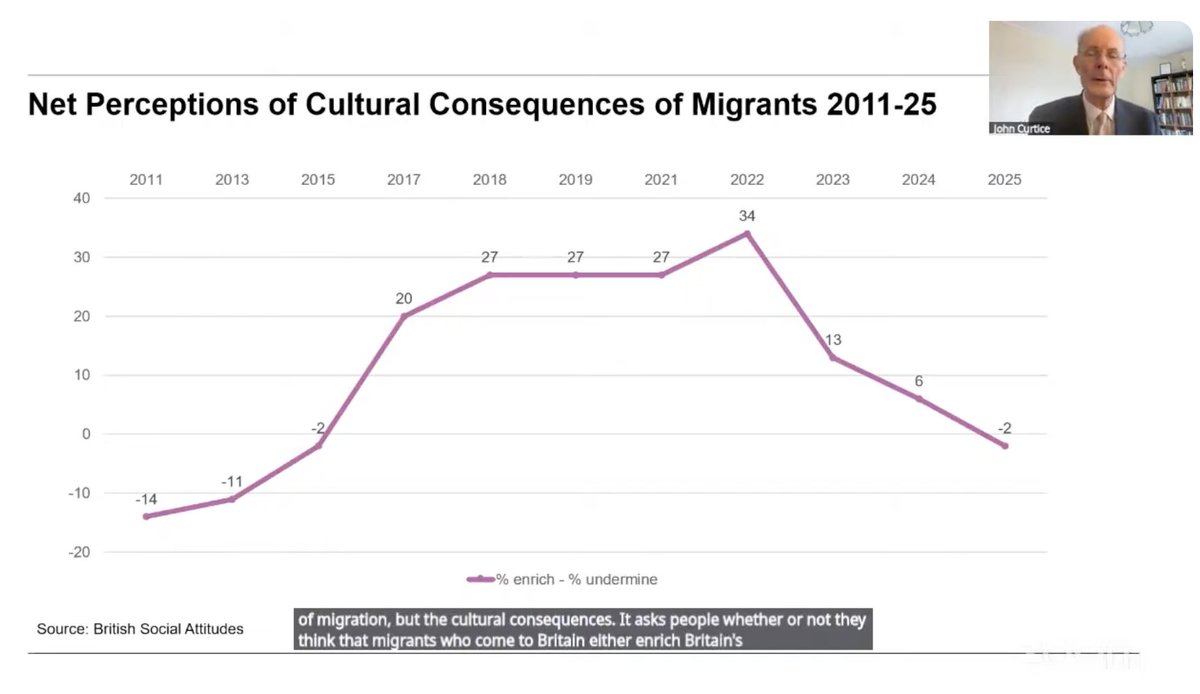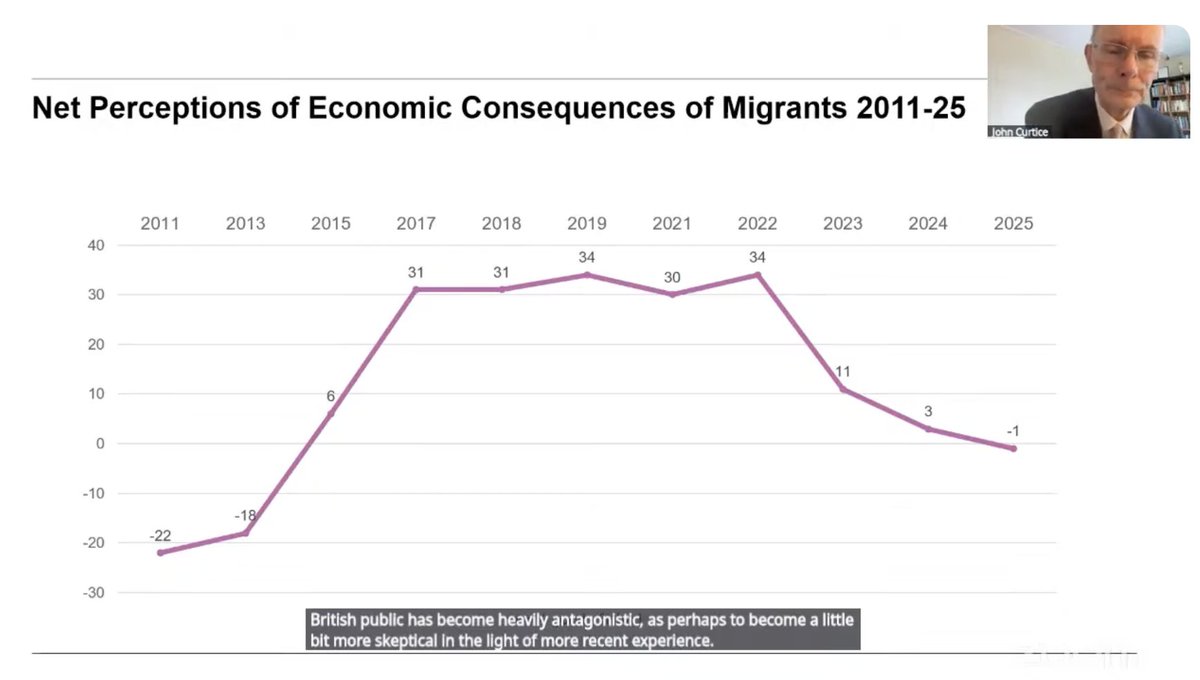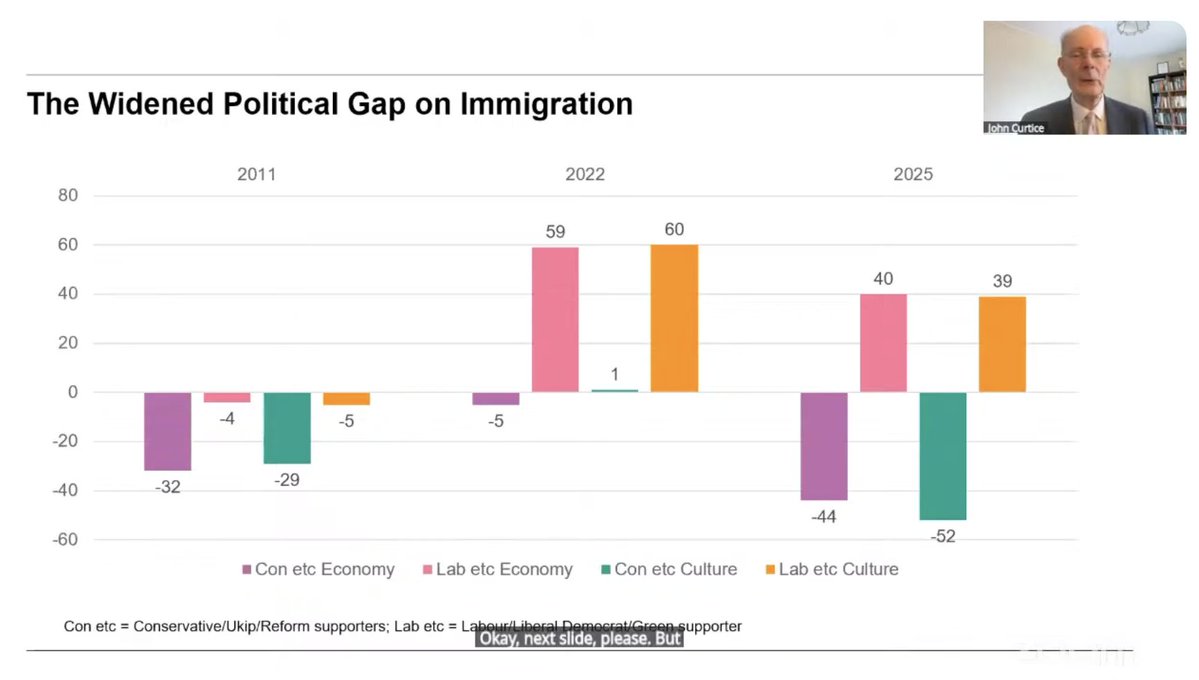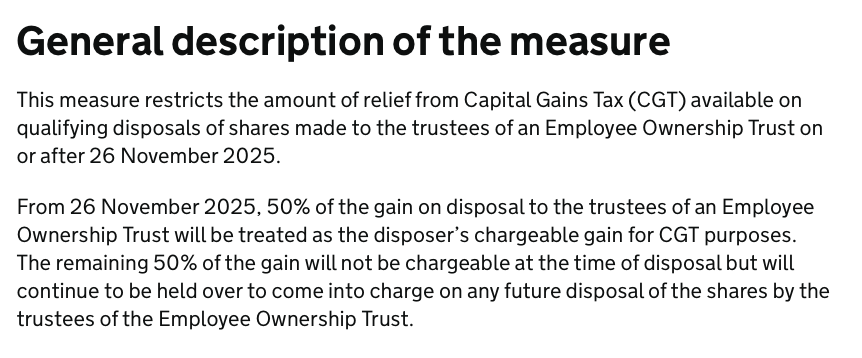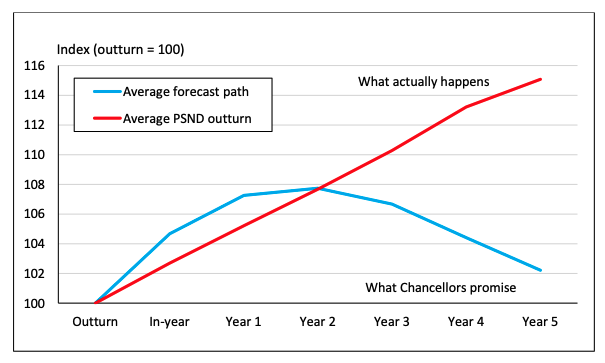So am at my mum’s and I found a charity cookbook she co-edited in 1989 (in aid of the John Radcliffe Hospital in Oxford). Most of the contributors were local but they also approached some distinguished figures of the time and… well, here is haute cuisine a la Ken Clarke. 

The book - ‘Friendly Food’ - is now out of print. But it’s a reminder of how late the culinary revolution came to the country - and indeed how long the spirit of deference lingered… 

Beans on toast and an egg cocktail from Tony Baldry - the ‘salmonella-free!’ is a lovely period detail… 



Raymond Blanc went a bit OTT for the target market, but as my mum says they couldn’t exactly turn him down… 



I should stress - the bulk of this is useful local recipes. But I found it a fascinating insight into how quickly tastes and attitudes have changed - and am pretty impressed with my mum for pulling it together.
As I said, the book is out of stock, but you can donate to @OxHospCharity here if you’re feeling kind hospitalcharity.co.uk/donate/donate-…
UPDATE: Apparently Ken's recipe is actually foreign. And delicious.
https://twitter.com/Scientits/status/1431209984675753984?s=20
UPDATE 2: This is the 'True Blue' Tory Cookbook. There are no words.
https://twitter.com/mrsteedUK/status/1431220310704013317?s=20
Here is more from the same flashbak.com/the-true-blue-…
• • •
Missing some Tweet in this thread? You can try to
force a refresh












